Let’s be honest, we hate restrictions. And when it comes to our diet, we’d love to eat all the delicacies in the world, without having to worry about health concerns. So, if you’re diabetic, you may have to give up on your sweets and sugar, which hurts especially if you’re a dessert-enthusiast, like me. However, it doesn't have to be difficult to figure out the ideal things to eat if you have diabetes. To keep things simple, the most important goal should be to keep your blood sugar levels under control. It's also critical to consume foods that aid the prevention of diabetes complications such as heart disease. Undoubtedly, your food plays an important role in diabetes prevention and management.
Dr Eileen Canday, head dietician and head of department, nutrition and dietetics, Sir HN Reliance Foundation Hospital, Mumbai says, "To achieve and maintain optimal metabolic results, such as blood glucose and HbA1c levels, it's critical to concentrate on your diet."
Glycemic Index (GI) is a ranking of how rapidly carbohydrate-based foods and drinks affect blood glucose levels after consumption. Foods with a low glycaemic index (GI) release glucose gradually and continuously. Foods with a high glycaemic index release glucose quickly, which is important for diabetic management.
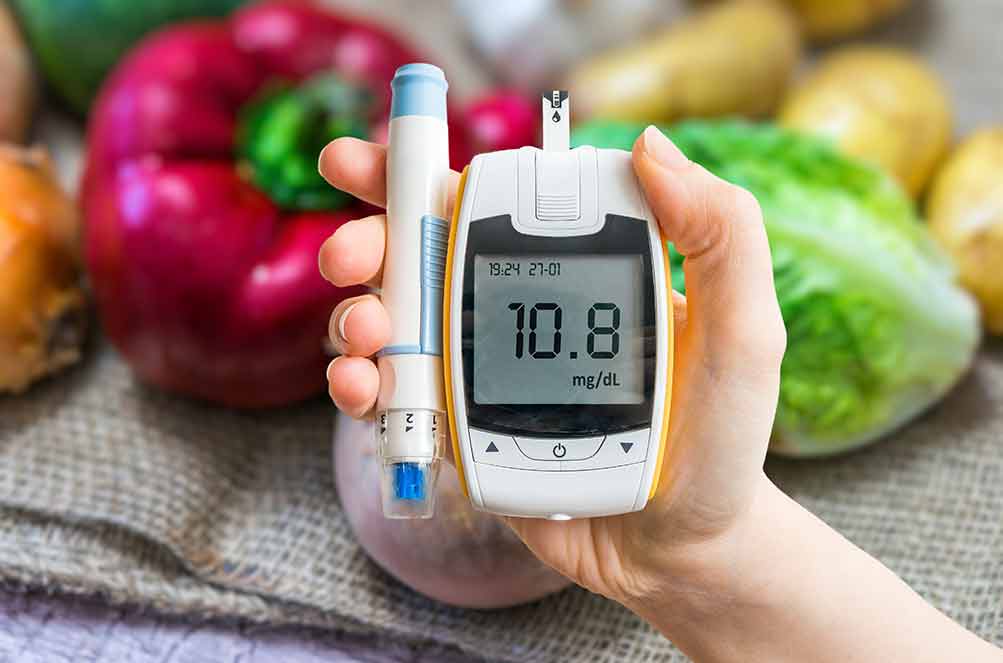
Dr Canday further adds, "Cooking methods, processing, and the ripeness of fruits and vegetables, as well as the fibre content of the food (fibre-rich foods have a lower GI) and the protein and fat content of the meal, all influence the GI of foods. However, other features of foods must be considered in addition to the GI, or diets may become imbalanced and lead to inadequate glycaemic control."
Carbohydrate-containing foods are divided into the following categories:
• Low GI foods: Include foods such as bajra, jowar, whole wheat, barley, quinoa, oats, fruits like apple, orange, dairy products, nuts, legumes and beans.
• Moderate GI foods: Include foods such as raisins, rice, couscous, corn.
• High GI foods: Include foods such as refined flour, honey, sugar.
Here are some foods that you should add to your diet if you're diabetic:
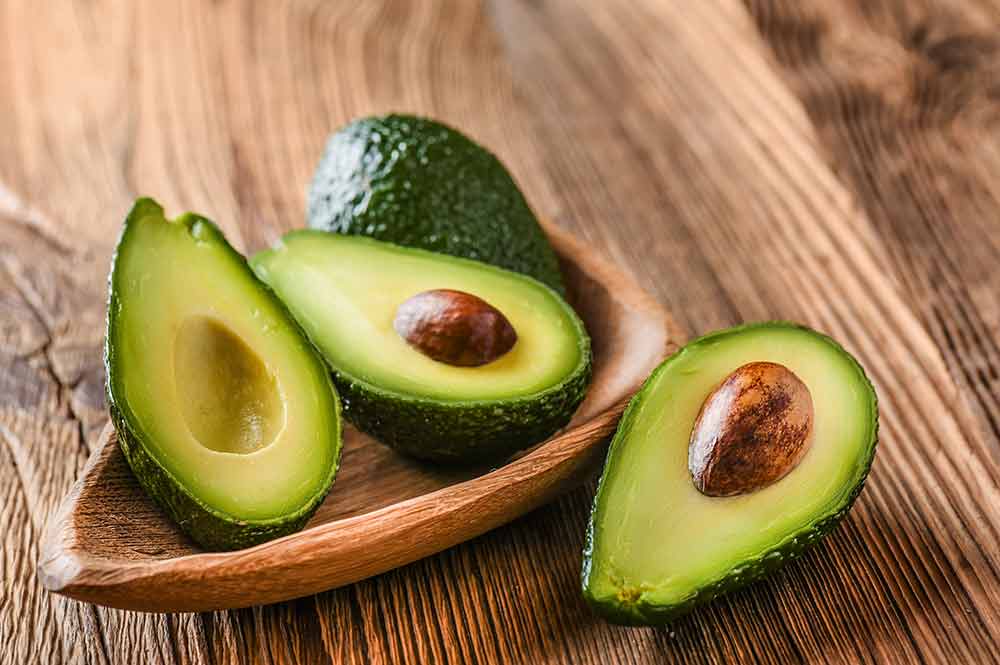
1. Avocados
Avocados have less than one gram of sugar, little carbohydrates, a high fibre content, and healthy fats, so they won't spike your blood sugar levels. Avocado consumption is also linked to better overall diet quality, as well as significantly lower body weight and BMI. Dr Canday adds, "It provides satiety, improves insulin sensitivity, is a source of good fats and fibre. It can be incorporated in the diet as a dip, smoothie or a wrap and sandwich filling."
Avocados are therefore an excellent snack for diabetics, especially since obesity increases the risk of acquiring diabetes.
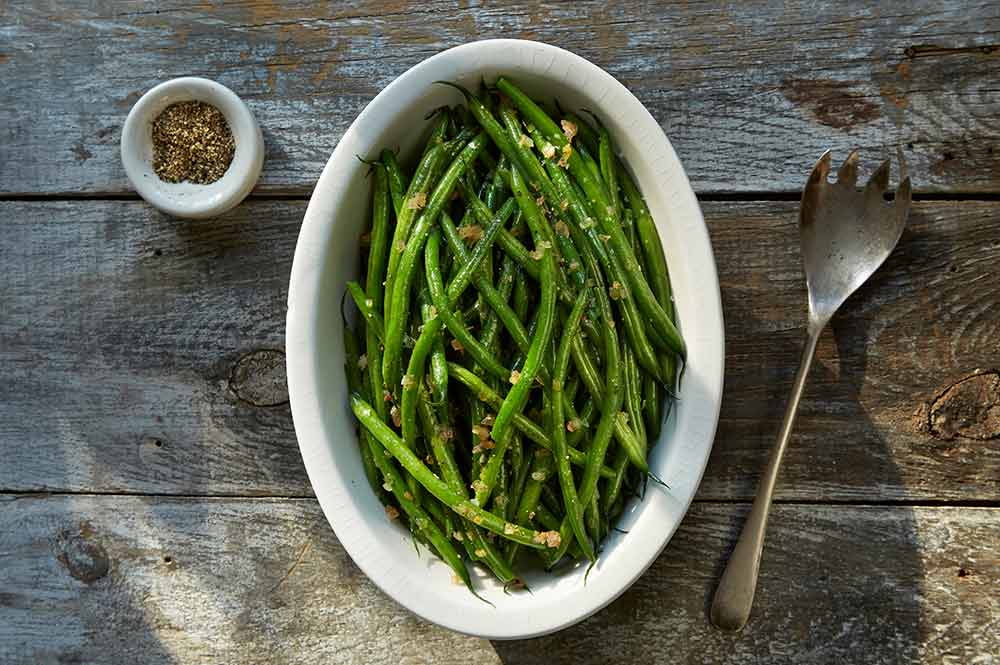
2. Beans
Beans are inexpensive, nutrient-dense, and extremely beneficial. Dr Canday adds, “They are a source of B vitamins, which help release energy from carbohydrates; soluble fibre, magnesium which helps improve insulin sensitivity. It can be incorporated in the diet as salads, stews or gravies." They also have a low glycemic index, which is crucial for diabetic management.
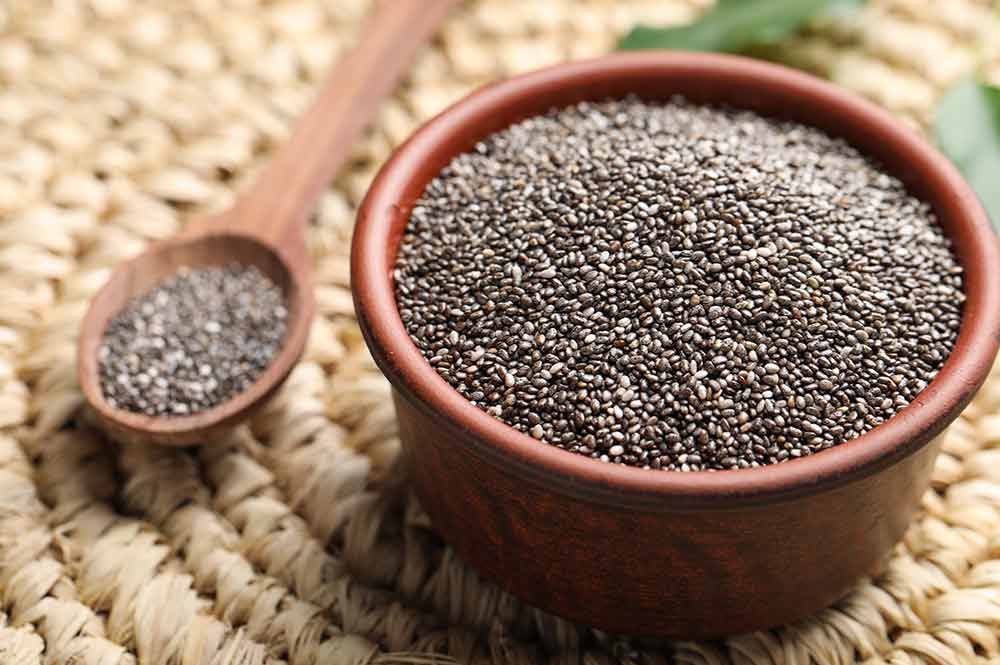
3. Chia Seeds
Chia seeds are an excellent source of fibre for diabetics. They're high in fibre but low in digestible carbohydrates.
In a 28g serving of chia seeds, 11 of the 12 g of carbs are fibre, which doesn't elevate blood sugar. Chia seeds include viscous fibre that can reduce blood sugar levels by decreasing the rate at which food passes through your intestines and is absorbed.
Fibre suppresses hunger and makes you feel full, so chia seeds may help you maintain a healthy weight. Chia seeds may also assist diabetics in maintaining glycemic control.
Dr Canday affirms, "Chia seeds are a good source of omega-3 fatty acids and fibre which helps in the regulation of blood sugar levels and improve satiety levels. It can be incorporated into the diet as puddings, smoothies or as a mid-day seed mix. "
Chia seeds have also been proven to aid in the reduction of blood pressure and inflammatory indicators.
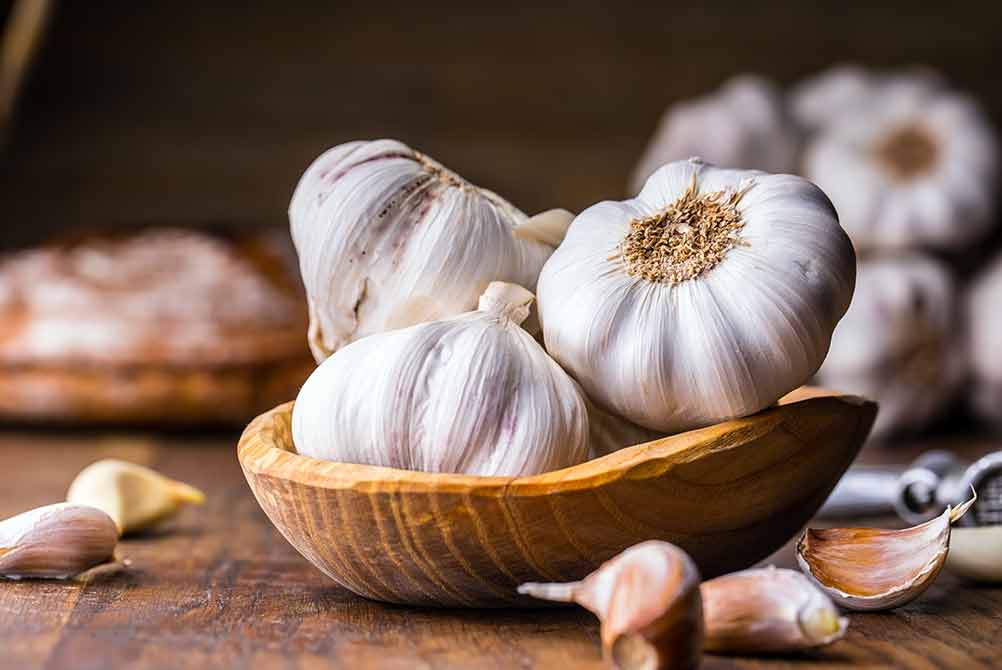
4. Garlic
Garlic is highly nutritious for its small size and low-calorie count. It can assist diabetics to lower their blood sugar, inflammation, LDL cholesterol, and blood pressure.
Dr Canday expounds, "It acts a prebiotic and promotes the growth of beneficial gut microbes which benefits diabetics. Allicin, the bioactive component in garlic is a powerful antioxidant and may also protect against diseases that diabetics are prone to such as cardiovascular diseases, high blood pressure and dyslipidemia. It can be incorporated in the diet as flavouring agents in gravies, salad dressings, marinades."
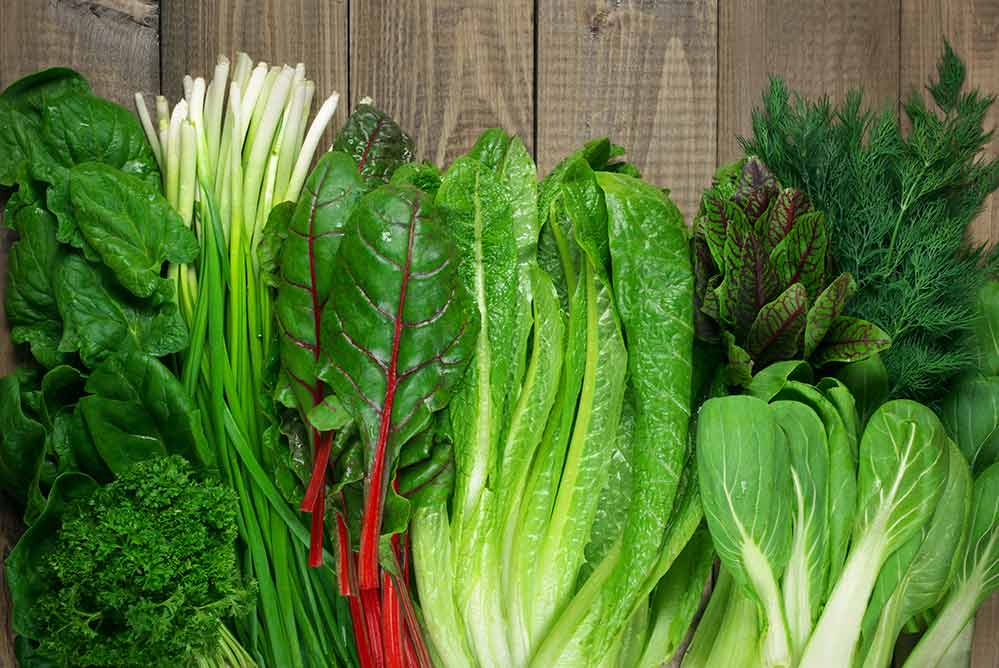
5. Leafy Greens
Green leafy veggies are high in nutrients and low in calories. They're also low in digestible carbs, or carbs that the body absorbs, so they won't have a big impact on blood sugar levels. Many vitamins and minerals, including vitamin C, can be found in spinach, kale, and other leafy greens.
Dr Canday explains, "All green leafy vegetables are rich in fibre, B vitamins, antioxidants which prevent sugar spikes and improve insulin sensitivity. It can be incorporated into the diet as soups, sabzis, stuffing for parathas, salads. "
Vitamin C is a powerful antioxidant with anti-inflammatory properties. People with diabetes can improve their serum vitamin C levels while lowering inflammation and cellular damage by increasing their dietary intake of vitamin C-rich foods.
Also Read: Know Your Greens: 5 Leafy Vegetables To Add To Your Diet
Also Read: Healthy Seeds To Add To Your Diet